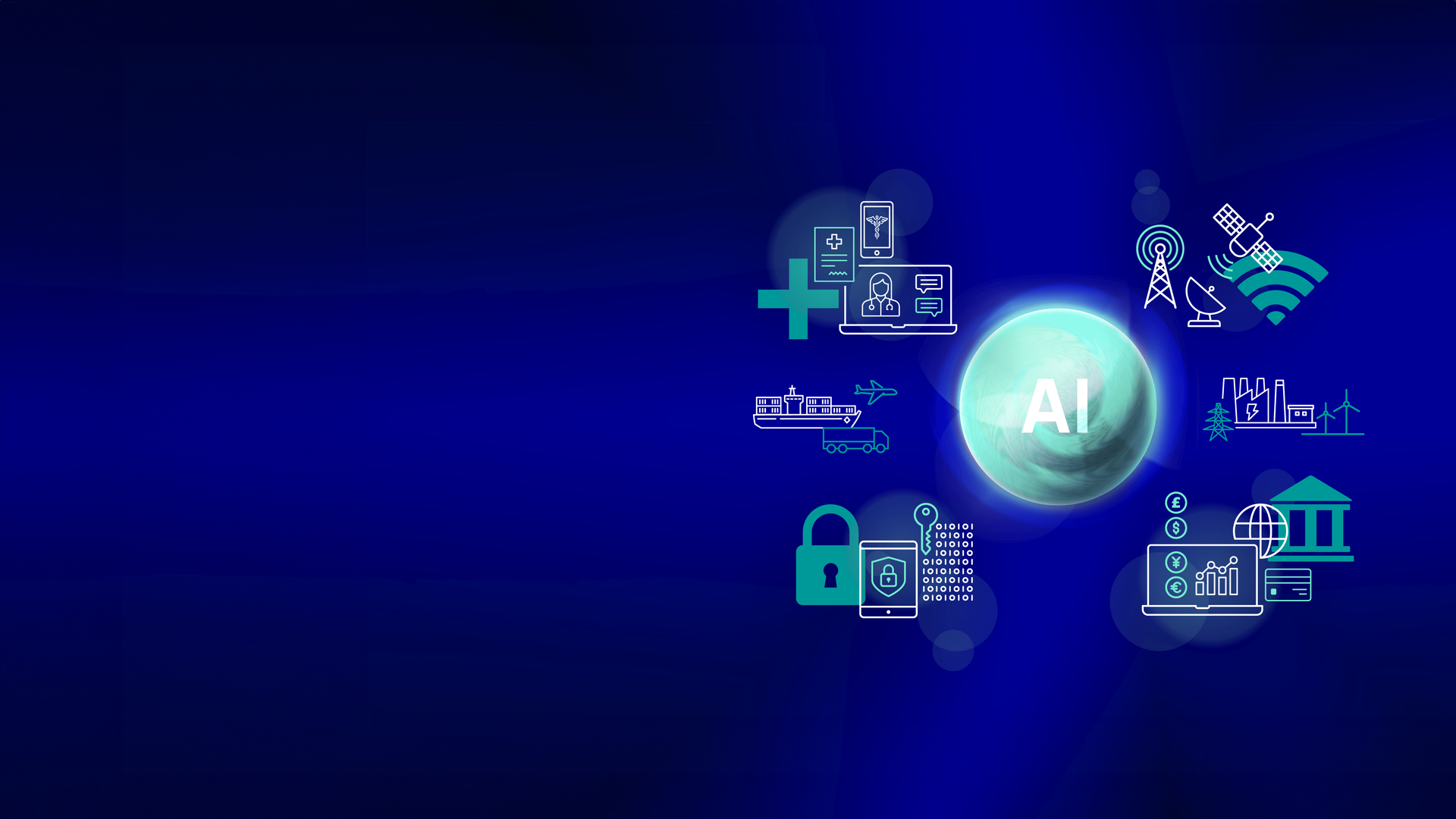Company profile
About Airwave
Airwave delivers critical voice and data communications to organisations that provide vital public services – the police, fire and ambulance services and local authorities, as well as health, utility and transport providers.
Over £1.4 billion has been invested to create the Airwave Network, which is purpose-built to meet the needs of the emergency services. The Network is secure, covers 99% of Great Britain’s landmass and is interoperable, meaning that for the first time members of different public service organisations can communicate with one another. The Network was the first of its type in the world, making Great Britain a world leader in critical communication.
Airwave, through its group company Kelvin Connect, also develops technology which helps the emergency services and healthcare staff work more efficiently when they are out on the beat or providing services in the community. Electronic notebooks allow teams to access information wherever they are, and helps frontline staff spend less time filling in paper forms. By helping those who provide a vital public service to make the most of their time in communities, Kelvin Connect can help its customers to dramatically reduce administration costs.
The Airwave Network
The Airwave Network and the people that manage it ensure the emergency services have access to communications they need to manage major incidents, maintain public safety and help save lives. Airwave has improved the emergency communications network in six key ways:
- Security: Previous analogue radio systems were publicly scannable, meaning that the emergency services’ operations could be intercepted and compromised. The Airwave Network’s communications are encrypted and secure – they cannot be scanned.
- Coverage: Before the Airwave Network, coverage was patchy in rural and urban areas. For example, Suffolk police only had radio coverage in 17% of the county. Now the Airwave Network covers 99% of Great Britain – including the Highlands and Islands
- Working together: In the past, different systems were used by individual services and regions. Different emergency services (and even individual police forces, ambulance trusts and fire and rescue services) found it difficult to communicate with one another during major events and catastrophes. Now, the Airwave Network is interoperable, meaning that all services can work together – for example during the 2011 riots when officers from 25 different forces came to London.
- Resilience: Previously, entire radio networks failed due to minor technical issues. Airwave ensures the Service is resilient by duplicating core parts of the Network to ensure that any difficulties – from technical problems and extreme weather to targeted terrorist attacks – will not affect performance. Many of the features which make the Airwave Network particularly resilient are used only by public safety networks. This means that the Airwave Network often stays standing when extreme weather or technical problems mean that mobile phone and landline systems go down
- Clarity: With the old networks, vital communications could be interrupted by other radios (for example those used by taxi firms). The Airwave Network’s communications are always clear – thanks to its dedicated, digital public service network.
- National coverage and roaming: In the past, radios could only be used in individual areas – those working in border regions had to frequently swap handsets. All Airwave Network users can communicate across Great Britain – this allows them to contribute to helping keep large events, like the London 2012 Olympic & Paralympic Games, run smoothly.800 members of Team Airwave kept the Networks running – one and a half times the size of Team GB
Airwave Technology
The Airwave Network uses TETRA technology, currently the best technology for mission-critical voice communication available. TETRA has been used in Great Britain for over a decade, but is only being rolled out across much of Europe today. Specifically designed for the emergency services, TETRA gives the security, reliability and coverage needed to keep us all safe.
Britain is leading the way in emergency service communications - the Airwave Network is the largest mission critical network in the world today and has pioneered the wider use of data over TETRA. Police officers can now fill in forms electronically, paramedics can transmit patients’ vital signs automatically and fire crews are dispatched using Airwave’s data services.
However, we recognise the need to evolve and look to the technologies that can meet the transformational agenda required by the public safety markets, for example 4G and LTE technology. To continue to meet the demands of the emergency services that rely on the Airwave Service in today’s ever changing environment, Airwave continues to develop the Network with its customers and partners to ensure it is fit for purpose and evolving to meet changing users’ requirements. In particular, the Airwave Network will continue to be used to transmit increasing volumes of data.
Airwave – Keeping Us Safe
Orkney - resilience when it matters
The Network’s resilience was demonstrated in the harsh winter of 2010 when blizzards in Orkney cut the island’s mobile phone, landline, electricity and water networks. The Airwave Network stayed up even as all other methods of communication failed and was a vital lifeline for the community.
2011 Riots
The August 2011 riots saw an unprecedented level of public disorder and civil unrest that required a unique emergency response. 25 different police forces provided mutual aid to put 16,000 officers on the streets of London – up from the usual 6,000. This meant that traffic on the Airwave Network doubled: the number of voice calls handled by the London switch went from two million on 2 August to four million on 9 August. Across the country and for all subsequent days of unrest, the Airwave Network remained fully operational. This was possible because of Airwave’s expertise in emergency communications and the Network’s robust design.
2012 Olympic and Paralympic Games
Airwave was an official supplier to LOCOG, and was the first ever Official Private Mobile Radio Services Provider for an Olympic and Paralympic Games. Airwave built an independent communications infrastructure to deliver the private mobile radio service for the Games, known as Apollo. It also kept the primary Airwave Network, used by the emergency services, running during one of the busiest times London has ever seen. During the Games
- 800 members of Team Airwave kept the Networks running – one and a half times the size of Team GB
- 17,387 LOCOG officials and volunteers used Apollo – more than the total number of Olympic and Paralympic athletes
- 9,000 police officers a day from 35 different forces came to the Met’s Muster, Briefing and Deployment centres, where Airwave teams were on hand to offer advice on using radios, and help with any technical issues
Locations
Location info - Lapsed Founder 100+ 05.05.16
Charter Court
50 Windsor Road
Slough
Berkshire
SL1 2EJ
United Kingdom
Tel: 0800 011 3399
Fax: 01753 557449
Open in google maps








